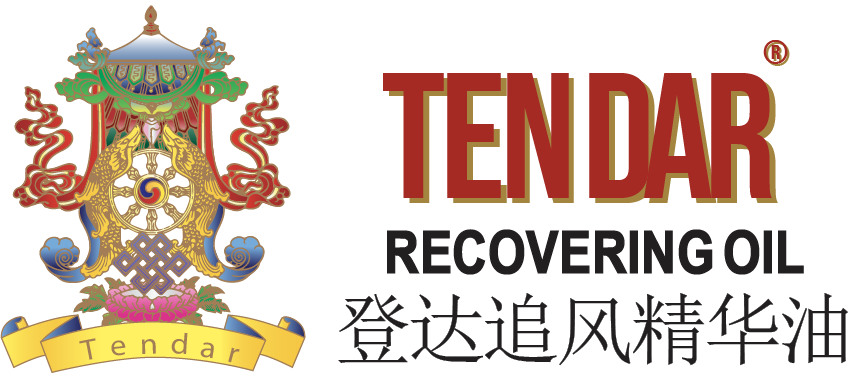Eucommia Ulmoides
Bark Oil
01. Anti-inflammatory effects
Various bioactive compounds found in eucommia bark, such as flavonoids and polyphenols, can inhibit the release of inflammatory mediators during the inflammatory process, thereby reducing inflammatory reactions.
This can help alleviate symptoms of inflammatory-related diseases, such as rheumatoid arthritis and ulcers. Flavonoids and polyphenols also act as natural antioxidants, neutralizing free radicals and reducing oxidative stress and cell damage. Oxidative stress and free radical production are closely associated with inflammation.
By inhibiting oxidative stress, flavonoids and polyphenols indirectly alleviate inflammatory reactions and reduce cellular damage.
02. Anti-aging effects
The polyphenolic compounds and antioxidants present in eucommia bark have powerful antioxidant properties. They can neutralize the production of free radicals and reduce oxidative stress damage.
Accumulation of free radicals can lead to cellular oxidative damage and aging. However, the antioxidant ability of eucommia bark can counteract this damage, delaying cellular aging and skin aging.
It also helps to maintain the healthy function of various systems in the body.
Flavonoids and polyphenolic compounds can also inhibit the production of inflammatory mediators” and regulate their production and release, such as inflammatory cytokines, prostaglandins, and interleukins.
These inflammatory mediators are involved in the regulation of inflammatory responses and the development of pathological processes. Inhibiting their production can help alleviate inflammatory reactions.
In addition, the bark of Eucommia ulmoides (Du Zhong) tree also has the following functions:
increase red blood cell count, thus aiding in blood nourishment. Additionally, it can enhance
liver function and promote liver cell regeneration and repair.
Boosting immune system
improve disease resistance, and prevent infections and disease occurrences.
Improving bone density
which are crucial for maintaining healthy bones. It can promote calcium absorption and
mineralization in the bones, preventing osteoporosis and fractures.
Regulating blood pressure
particularly lowering high blood pressure. This can help maintain
blood pressure within a normal range.
In addition, the bark of Eucommia ulmoides (Du Zhong) tree also has the following functions:
and liver support
The bark of Du Zhong is rich in bioactive compounds that can promote blood circulation and increase red blood cell count, thus aiding in blood nourishment. Additionally, it can enhance liver function and promote liver cell regeneration and repair.
immune system
The Du Zhong bark has immune-regulating properties that can enhance the body’s immune response, improve disease resistance, and prevent infections and disease occurrences.
bone density
The Du Zhong bark contains abundant trace elements such as calcium, zinc, and manganese, which are crucial for maintaining healthy bones. It can promote calcium absorption and mineralization in the bones, preventing osteoporosis and fractures.
blood pressure
The active compounds in Du Zhong bark can effectively regulate blood pressure, particularly lowering high blood pressure. This can help maintain blood pressure within a normal range.
Sci-Com
1. Mediators in the field of biology and medicine refer to substances that can participate in and regulate physiological processes or pathological reactions of organisms under physiological or pathological conditions. Mediators can transmit information through intracellular or intercellular
signaling mechanisms, causing specific cellular responses or changes in tissue/organ function.
In the process of inflammation, inflammatory mediators specifically refer to molecular signaling substances involved in the inflammatory response, such as inflammatory cytokines (such as tumor necrosis factor-alpha, interleukin-1, interleukin-6, etc.), prostaglandins, leukotrienes, thromboxanes, nitric oxide, and more. These mediators participate in the occurrence and progression of inflammatory reactions by regulating vascular permeability, promoting inflammatory cell chemotaxis and activation, inducing apoptosis or proliferation of inflammatory cells, and regulating immune responses.
Mediators play an important role in diseases such as allergic reactions, tissue damage, immune regulation, and more. Studying and understanding the functions and interactions of mediators are essential for understanding the mechanisms of disease occurrence, regulation of inflammatory responses, and the development of new drugs.
2. Oxidative stress refers to the excessive presence of reactive oxygen species (ROS) in the cellular and extracellular environment, which leads to an imbalance in the cellular redox state and subsequently causes damage to cellular structures and functions. These reactive oxygen species can be free radicals (such as superoxide anion, hydrogen peroxide, and hydroxyl radicals) or non-free radicals (such as peroxides and organic oxidants).
Under normal circumstances, organisms can neutralize ROS and maintain redox balance by producing antioxidant substances. However, when there is an excessive production of ROS or a deficiency in the antioxidant system, oxidative stress occurs.
Oxidative stress can affect various cellular structures and components, including membrane lipids, proteins, and nucleic acids, resulting in irreversible damage to the integrity of cell membranes, protein function, and gene expression. Oxidative stress plays a significant role in the occurrence and development of various diseases, such as cardiovascular diseases, neurological disorders, inflammatory diseases, and metabolic
disorders. Additionally, environmental factors (such as radiation and pollutants) and lifestyle factors (such as diet and smoking) can also increase the level of oxidative stress. Therefore, studying and inhibiting oxidative stress are of great significance in the prevention and treatment of various diseases.
Disclaimer
The information and content provided on the Tendar Encyclopaedia platform are for informational purposes only. They are intended for reference and communication purposes and may not be accurate or complete. You should not solely rely on this information and content and should exercise your independent judgment. Any risks or consequences arising from the use of this information should be borne by you and are not the responsibility of Tendar Recovering Oil.


